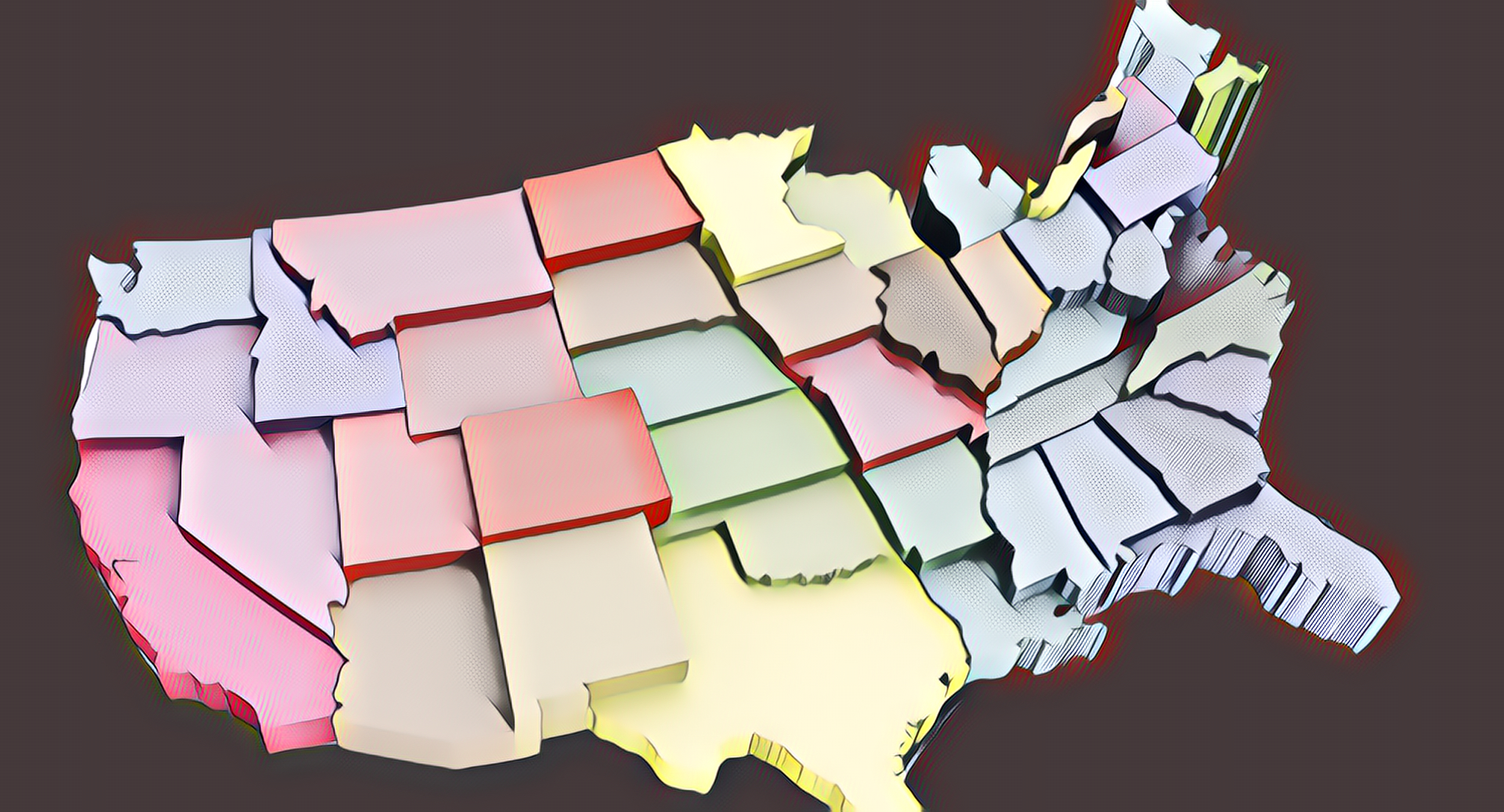Updates on religious liberty lawsuits over stay-at-home orders

Last week, I posted about a handful of religious liberty lawsuits across the country challenging local stay-at-home orders that restrict – to varying degrees – the ability of congregants to worship together out of public health concerns.
Needless to say, this is an area that is fast-moving. And, it’s clear that courts are dealing with a variety of constitutional concerns, as well as public health orders that take radically different approaches. In some cases, local governments have reached agreements or clarified positions in a way that address plaintiffs’ concerns.
Here are some updates:
In Mississippi, the case that prompted the Department of Justice to file a brief has effectively been resolved after the mayor of Greenville announced that churches would be allowed to hold drive-in worship services (AP reports here). The ban on parking lot services while other secular activities were exempted from the stay-at-home order was the primary subject of that litigation and the DOJ response. A similar outcome resolved cases involving the cities of Louisville, Kentucky, and Chattanooga, Tennessee, when their respective mayors reached an agreement to allow drive-in services. Chattanooga Mayor Andy Berke explained in a tweet that pastors had assured him that drive-in services could be conducted safely and in accordance with social distancing guidelines.
In California, the governor’s response to a lawsuit made clear that drive-in services are exempt from his stay-at-home order, but on the question of in-person worship services, a federal judge declined to enter a temporary restraining order sought by the plaintiff churches. Both a state judge and federal judge in Virginia reached the same conclusion, declining to issue an injunction against the governor’s order limiting gatherings to no more than 10 people. In Kentucky, a federal court likewise denied a request for a restraining order. The court ruled that Gov. Beshear’s stay-at-home order likely does not violate the Constitution because it does not “single out religion,” and thus is not discriminatory.
In Kansas, however, a federal judge reached the opposite conclusion. The court issued a temporary restraining order sought by two churches to halt enforcement of the governor’s stay-at-home order, which explicitly limited religious service gatherings to no more than 10 congregants. In an opinion that appears to contrast starkly with the Kentucky opinion, the court in Kansas found that “churches and religious activities appear to have been singled out among essential functions for stricter treatment.”
These cases seem certain to continue multiplying as long as stay-at-home orders remain in place. In general, with the exception of the Kansas ruling, restrictions on in-person worship services have not been halted by courts, but restrictions on drive-in services have been either halted or reversed.
It seems worthwhile to caution against drawing broad conclusions from these cases. Judges are evaluating the specific language in challenged orders and the specific actions of government entities enforcing them.
For a discussion of these cases and the issues they raise, check out the latest episode of BJC’s Respecting Religion podcast series with BJC’s Amanda Tyler and Holly Hollman.
The details and specific facts of each case are essential to the outcome. And here each state and local stay-at-home order is unique. Still, it will be worth watching how this tension between government’s responsibility to protect individual religious liberty guarantees intersect with its responsibility to protect public health in a time of crisis. Stay tuned.




